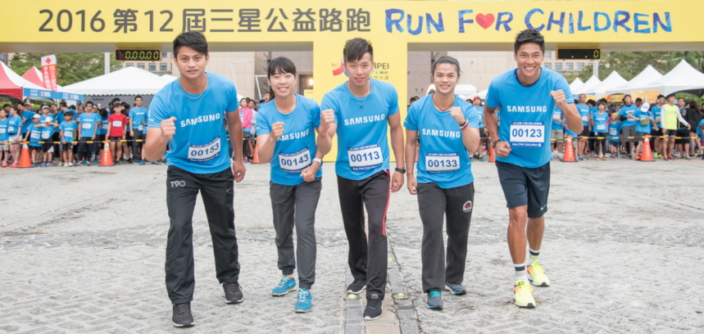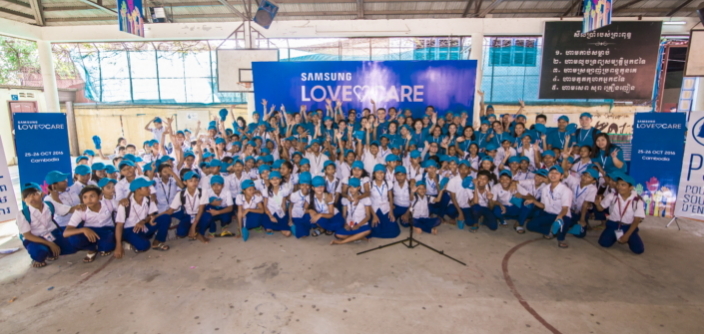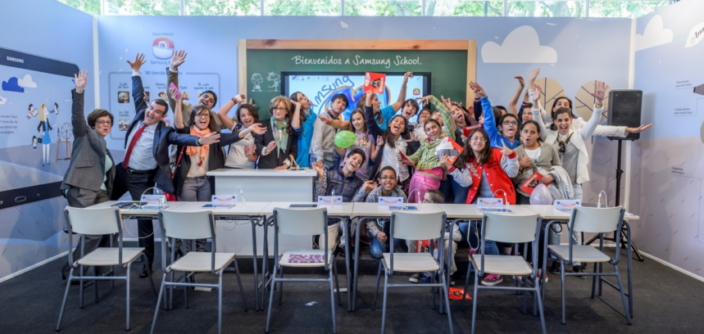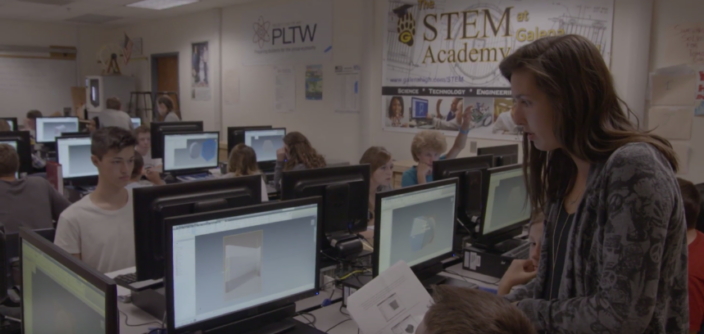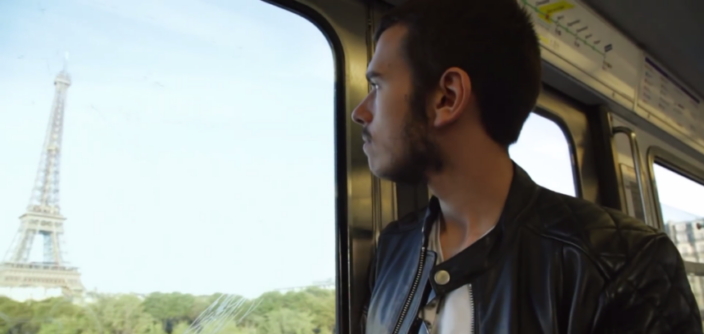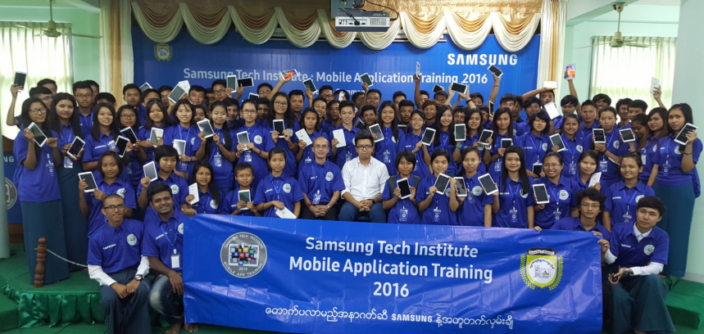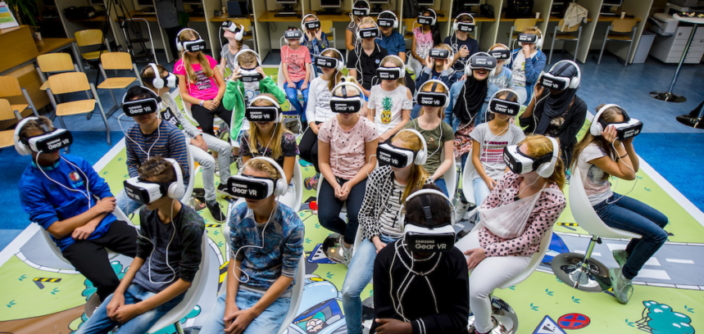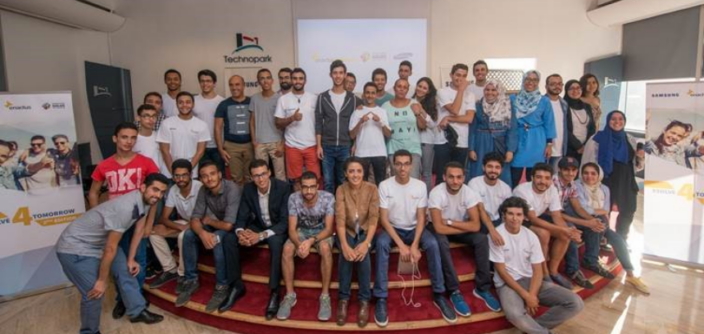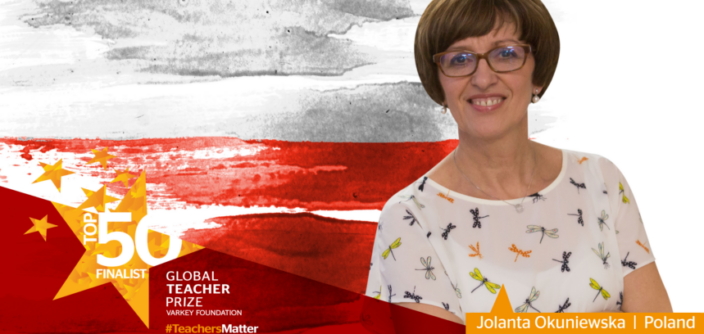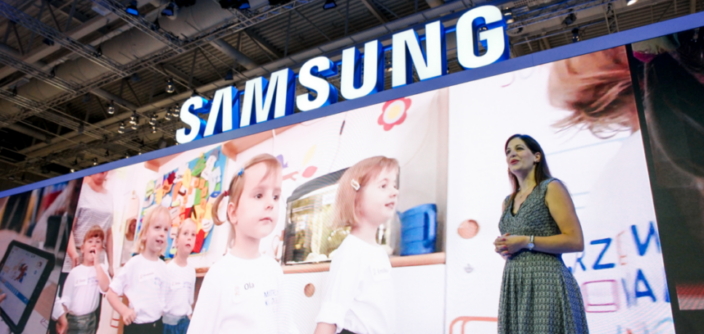Samsung’s VR Eduthon Makes Immersive Education a (Virtual) Reality
on November 21, 2016
Have you ever heard of “The Magic School Bus” children’s books? Since its debut in the 1990s, the best-selling educational series, published in the U.S., has grown incredibly popular around the world.
The main characters are a teacher named Ms. Frizzle and her bright young students. Each book sees them embark on a different wild adventure that allows them to explore their every scientific curiosity. They’re aided by their magical, sentient school bus, which is able to change shape, shuttle them for field trips on distant planets, and even shrink down to a microscopic level.
If you read the books when you were young, you may have thought, “I wish I could go on those adventures, too.” Now, the VR Eduthon, an exciting collaboration between Samsung Electronics Germany and Cornelsen, a schoolbook publisher based in Berlin, is making that dream a reality, educating students while awakening their imagination.

“The Magic School Bus” children’s books have sold more than 15 million copies.

Samsung Electronics Germany and Cornelsen introduced the VR Eduthon to focus on biology education and provide students between seventh and ninth grades with practical and interesting lectures.
The main goal of the program is to improve the students’ educational environment. It was developed through cooperation with teachers, electronic-teaching-method specialists, VR developers and other experts. After its conclusion, Cornelsen will assess the program’s educational outcomes, sustainability in classrooms, and ultimate suitability.
After a brief introduction to the program, visitors were given a chance to experience a lesson for themselves with the help of a Samsung tablet and a Gear VR headset.

Visitors participate in the virtual learning experience.
The instructions were simple: two people pair up, and one holds the tablet while the other puts on the Gear VR. The Gear VR user is then presented with a number of vocabulary words for human digestive organs, accompanied by vivid animations of how they function when we consume food.
When the user shifts his or her gaze toward another word, they’re shown its related animation. Meanwhile, on the tablet, the principles of the digestive system are explained in more depth. After concluding each stage, the users then test what they’ve learned with a quiz.
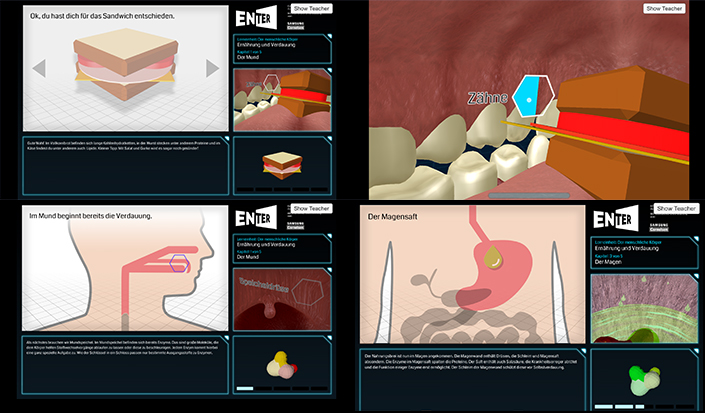
For Anastasia, a tenth-grade student, the program was a first introduction to virtual-reality technology.
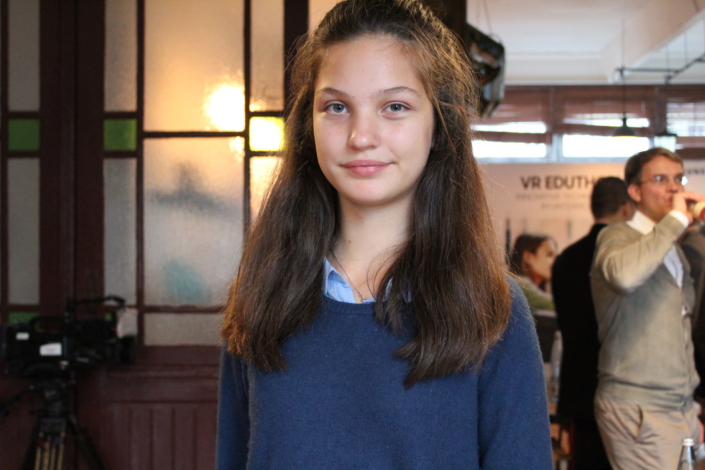
“Studying biology through the Gear VR was a very cool and new experience,” she said after participating in the event. “I’ve never tried anything like it before. It felt much easier and more fun to learn, and most of all, it was easy to understand and remember the content because I saw it with my own eyes. I want to use VR in my class to study as soon as possible!”

Speaking afterward on his personal involvement with the project, Mark van Mierle, CEO of Cornelsen, said, “I was very satisfied and pleased to work with Samsung Electronics. Going forward we’ll put more effort into developing various content, applicable to actual education sites.”
“If space and time can be recreated through the VR Eduthon,” he continued, “students will be able to access a completely different studying experience than before. After thoroughly evaluating these newly developed educational methods, we’ll be able to provide them with better educational programs.”
Steffen Ganders, who is in charge of citizenship at Samsung Electronics Germany, echoed the importance of creating engaging educational tech. “Our goal is to develop a digital solution to enhance the quality of school education,” he said. “Revolutionary VR technologies can help us cover complex subjects easily. This is why we believe that VR will contribute true value to education going forward.”
The popular saying “seeing is believing” suggests that experiencing something for yourself is a more effective study method than simply accepting someone’s word as fact. With VR devices, students will be able to experience firsthand a wide range of concepts that they’ve studied in school, all while learning in a fun and engaging manner.
